Publications
Articles, publications, books, tools and multimedia features from the U.S. Institute of Peace provide the latest news, analysis, research findings, practitioner guides and reports, all related to the conflict zones and issues that are at the center of the Institute’s work to prevent and reduce violent conflict.
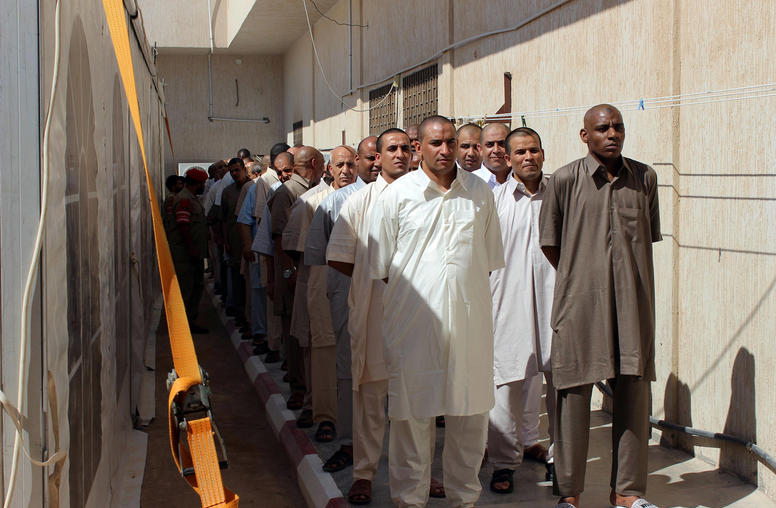
Managing the Secure Release of Sensitive Detainees in Libya
During the 2011 uprising that ousted dictator Muammar Gadhafi, revolutionary fighters in Libya rounded up large numbers of Gadhafi loyalists and detained them in prison facilities and makeshift detention centers around the country. The release of such high-profile detainees, either after they have been acquitted of crimes or served their sentences, is a sensitive political issue. This report examines the domestic and international laws and standards governing the secure release of these detainees and provides a number of policy ideas for addressing the shortcomings of Libya’s current release procedures.

Ethiopia’s Experiment in Reconciliation
In February 2019, the Ethiopian parliament adopted a landmark proclamation establishing a national reconciliation commission, the first-ever such institution in Ethiopia. Six months on, the commission has developed a three-year plan and begun consultations. But the body was formed without broad-based political consensus regarding its mandate, so has yet to win the critical trust of Ethiopia’s many social and political groups. Dr. Solomon Ayele Dersso discusses the mandate of this body, the challenges ahead, and how the commission could help build peace in Africa’s second most populous country.
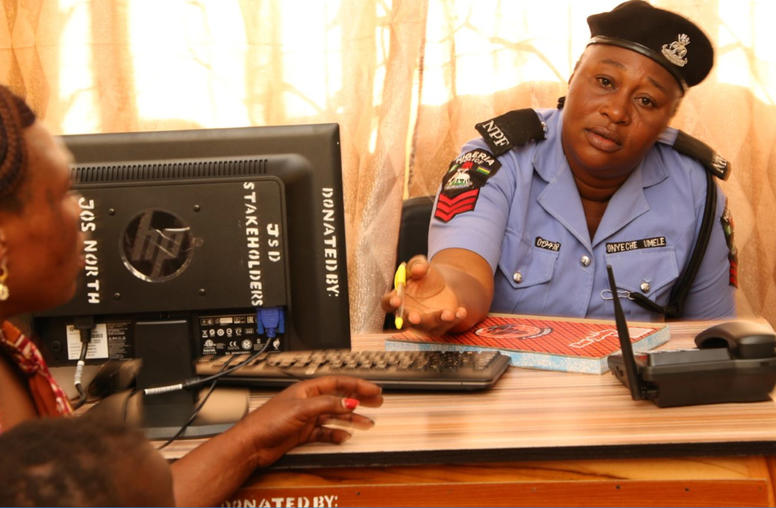
As Africa Battles Sexual Violence, a Nigerian City Shows How
When civic leaders and officials in Jos, Nigeria, launched an initiative in 2017 to calm repeated bloodshed in the city, a series of dialogue forums with residents revealed a chilling pattern of hidden violence in their midst: sexual assault. Girls and women recounted rapes and attacks for which justice was impossible, often because authorities were unresponsive. The women faced a problem common to their sisters across Africa: national laws against sexual violence were having little effect on the ground. But the dialogues have wrought a change. In May, police in Jos opened the city’s first unit dedicated to investigating sexual and gender crimes.
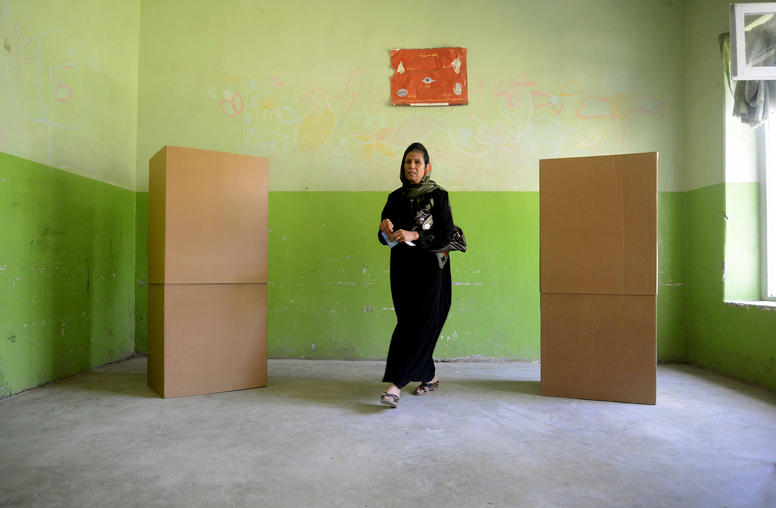
Afghanistan Still Has a Chance to Improve This Election
As the United States, the Afghan government and the Taliban maneuver toward a peace process for the country, the strength of the current Afghan government and political system will be affected by the credibility, in Afghans’ eyes, of the presidential election set for September 28. Yet the credibility of Afghan elections is weakened by unresolved allegations of criminal fraud—especially against the nation’s former top election officials—in last year’s parliamentary balloting. With just 53 days remaining before the presidential vote, time is now short—but Afghan authorities still can take steps to improve the prospects for an election that citizens might see as credible and legitimate.
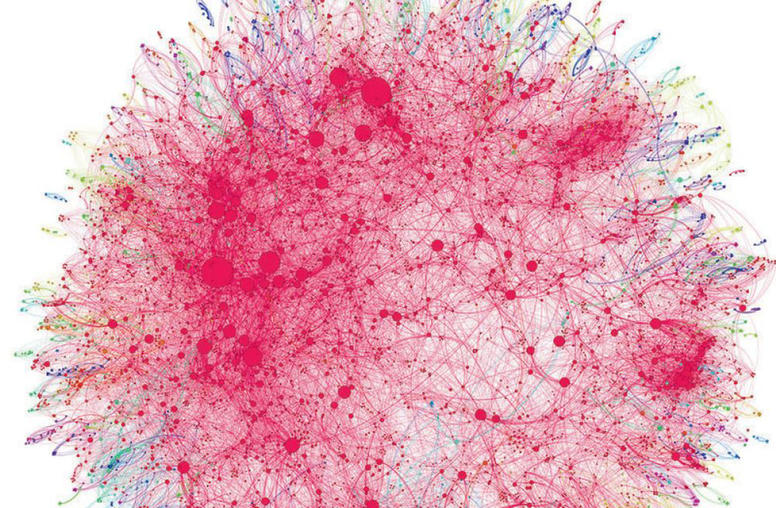
Systems Thinking for Peacebuilding and Rule of Law (French)
Notre approche traditionnelle de la consolidation de la paix et de l’État de droit semble solide : des objectifs ambitieux, une injection de ressources, des équipes d’experts travaillant intensément. Pourtant nous semblons rarement aboutir à des réformes véritablement fructueuses et durables. Pourquoi nous enlisons-nous ? Une des réponses possibles réside dans notre façon de percevoir les systèmes avec lesquels nous travaillons. Nous avons tendance à traiter de nombreux systèmes de consolidation de la paix et de l’État de droit comme s’ils étaient des systèmes d’horloge, c’est-à-dire ordonnés, réguliers et prévisibles. En réalité, les environnements dans lesquels nous travaillons sont plutôt des systèmes de type nuage,en cela qu’ils sont désordonnés, irréguliers et imprévisibles.
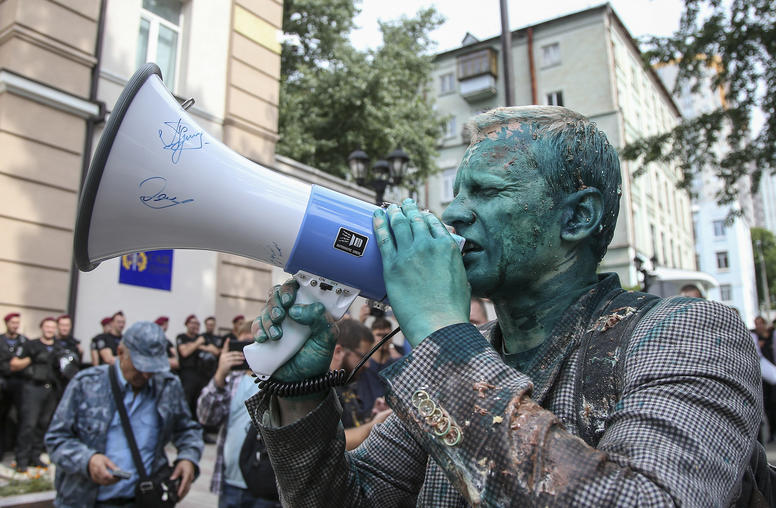
Ukrainian Activism for Transparency and Accountability: Two Steps Forward, One Step Back
In the wake of the Euromaidan protests that toppled the government of Viktor Yanukovych in 2014, Ukrainian activists and civil society organizations have pressed hard for anti-corruption reforms and greater openness and transparency in the public sector. Five years later, however, corruption remains a fixture of civic life—and a majority of Ukrainians believe the fight against corruption has been a failure. This new report reviews the changes that have taken place in the anti-corruption movement since the Euromaidan and identifies practical actions the international community can take to support reform efforts in Ukraine.
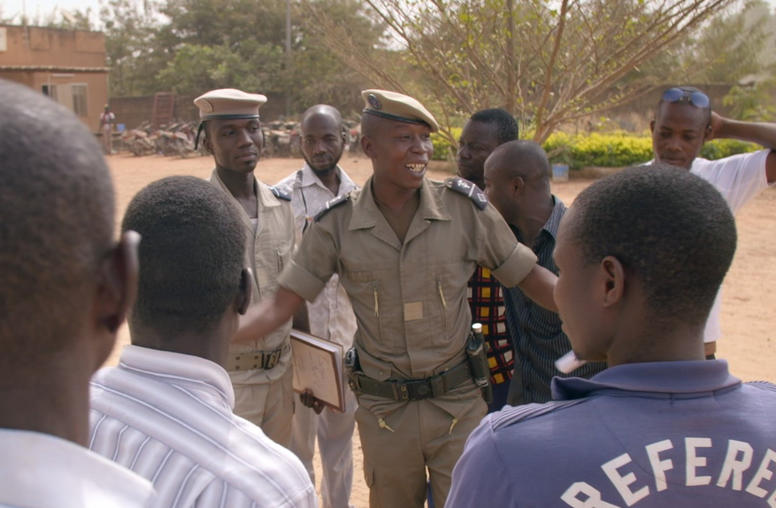
Amid Rising Sahel Violence, Burkina Faso Builds a Response
A perfect storm of violence is breaking upon Africa’s Sahel. Since late 2018, communal conflicts—many over access to food, water or productive land—have produced thousands of deadly attacks. Across the region, nearly 4,800 people died in conflicts from November to March, according to the violence-monitoring group ACLED. The greatest surge in bloodshed is in Burkina Faso, where communal militias or religious extremists killed 500 people over five months. But amid the dire headlines, governments and civic groups in Burkina Faso and other Sahel countries cite progress in stabilizing communities with a basic step that simply has seldom been undertaken: broad, local dialogues among community groups, police forces and officials. Community leaders and government officials say they are now expanding those dialogues to improve national security policies to help counter the tide of violence.
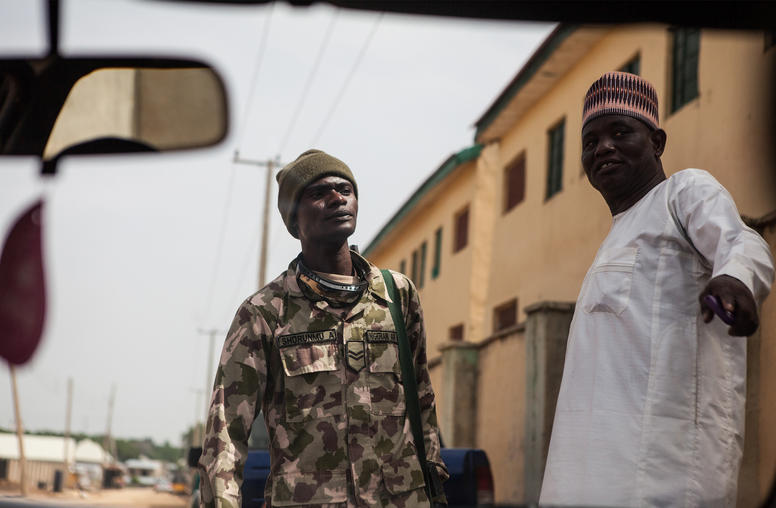
Civilian-Led Governance and Security in Nigeria After Boko Haram
Focusing on northeast Nigeria and the Lake Chad Basin, this Special Report outlines the rise of the Boko Haram insurgency in Nigeria and the security and governance challenges in the wake of its possible decline.
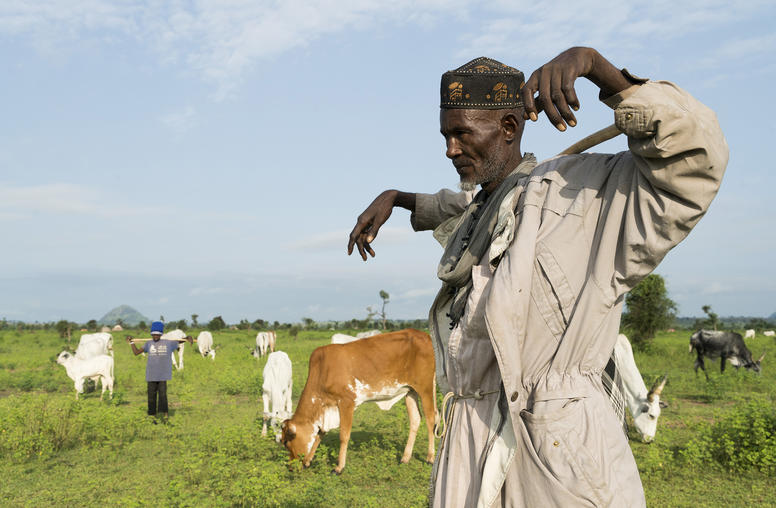
Nigeria’s Worst Violence Is Not Boko Haram
As Nigeria works to stabilize from years of warfare in its north, the deadliest threat is not the Boko Haram extremist movement, but escalating battles between farming and herding communities over scarce land and water. Bloodshed has increased since January, as armed groups have attacked and...
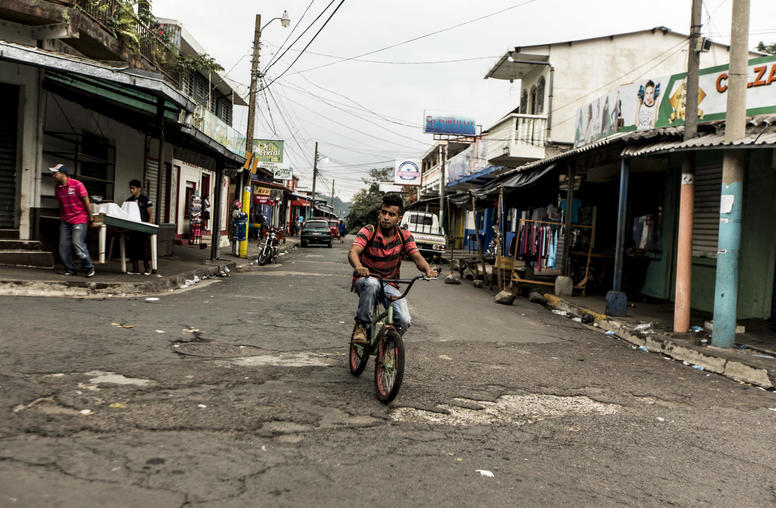
Central America: To Slow Refugees’ Flight, Reduce the Violence
The flow of asylum seekers from Central America’s Northern Triangle to the U.S. border stems from intense violence fueled by corruption, drug trafficking, gang culture and poverty, specialists on the struggling region said.